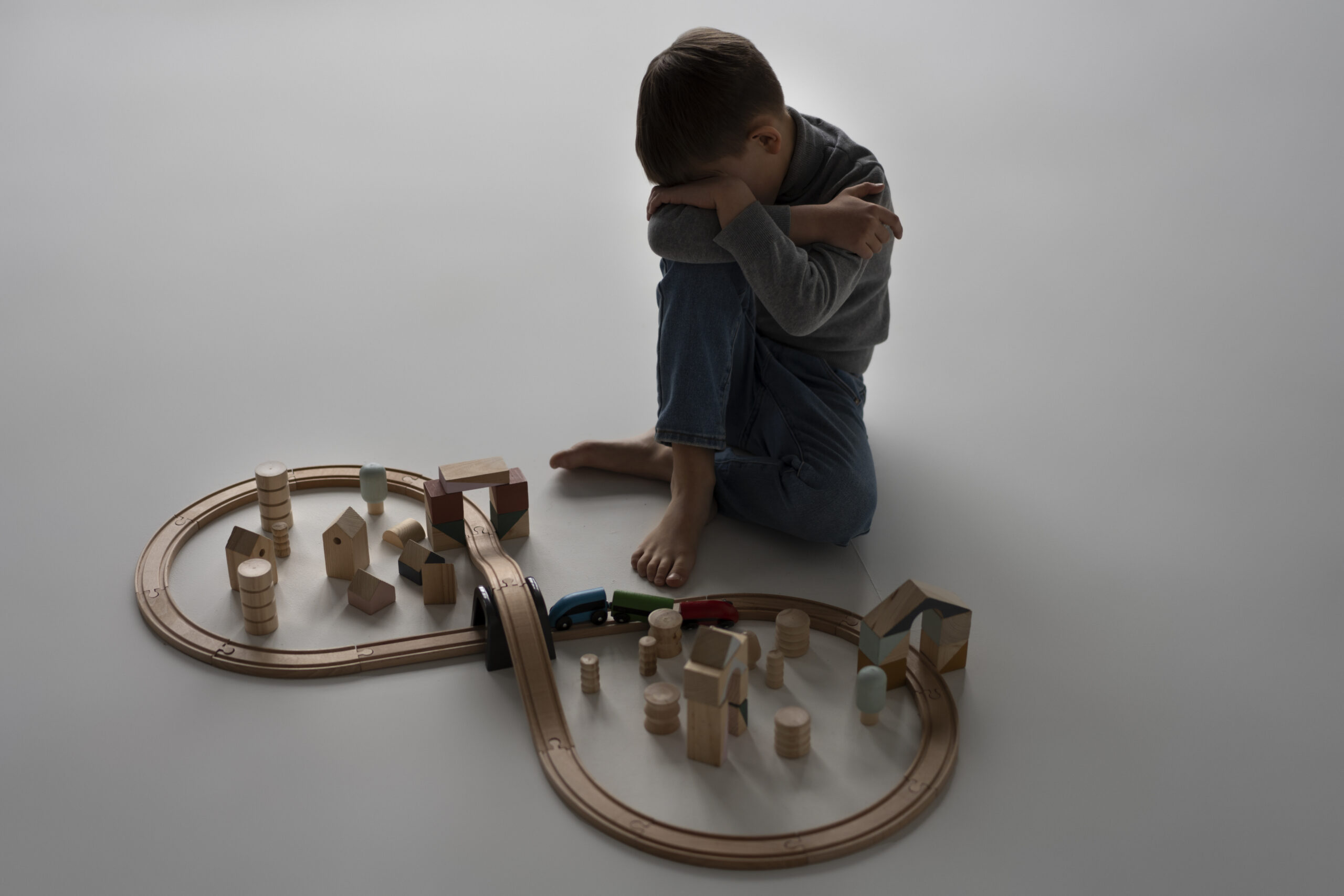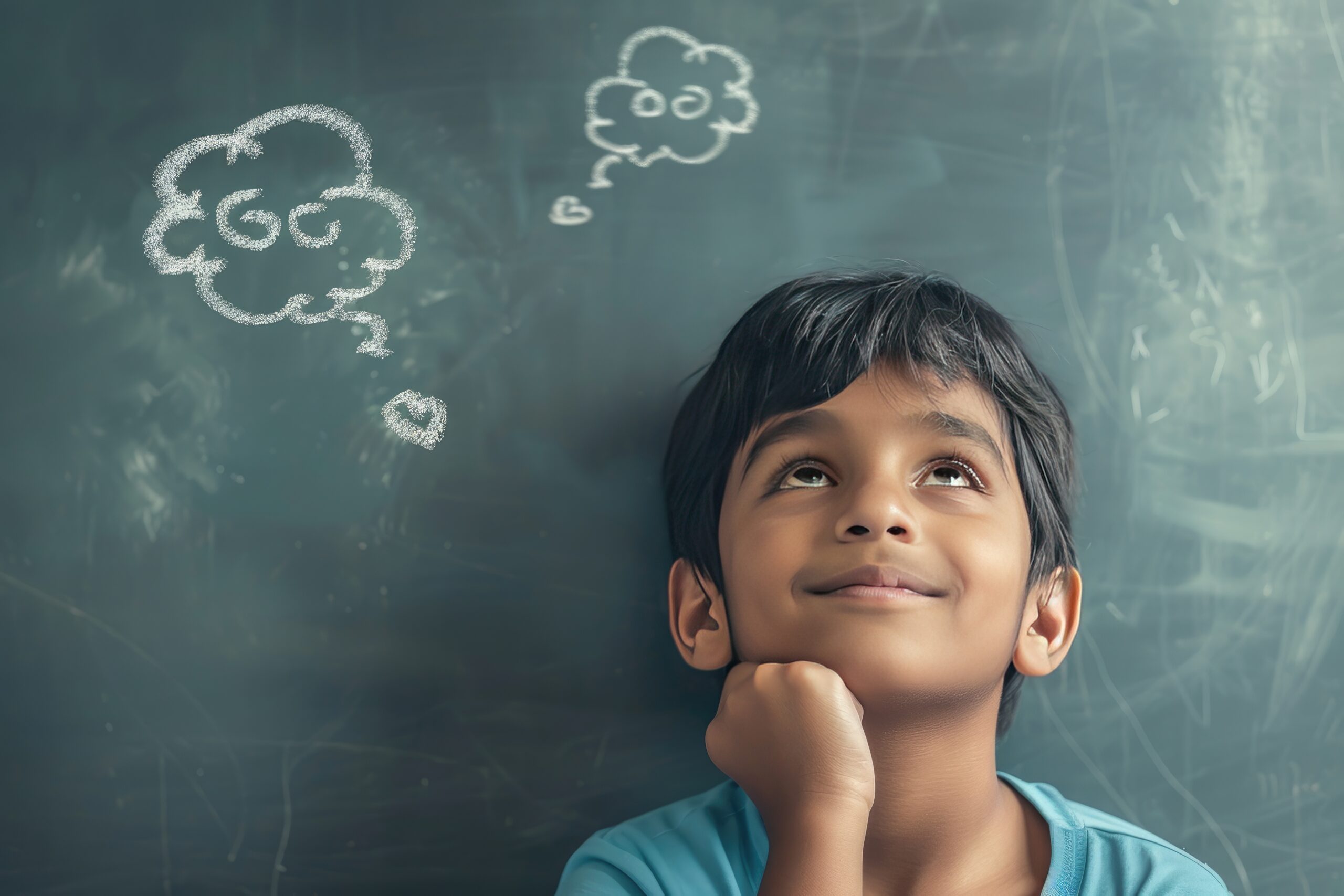Every parent wants their child to grow into a confident and socially adept individual. But for some children, achieving these milestones can be more challenging due to Developmental Delays. Understanding how these delays impact social skills is crucial in providing the right support. At Samvedan Child Development Center, we focus on helping children overcome these hurdles, especially when it comes to building meaningful social interactions.
In this blog, we’ll explore how Developmental Delays affect social skills, the importance of early intervention, and how parents and caregivers can guide children through this important developmental phase.
What Are Developmental Delays?
Developmental Delays refer to a condition where a child is slower in reaching certain developmental milestones compared to their peers. These milestones can include speech, motor skills, and social behaviors. While all children develop at their own pace, Developmental Delays can sometimes indicate an underlying condition such as autism or a cognitive impairment.
It’s important to note that Developmental Delays are not a reflection of a child’s intelligence or potential. Many children with delays can still thrive socially, academically, and emotionally, given the right support and understanding.
How Developmental Delays Impact Social Skills
Social skills are essential for building friendships, engaging with others, and learning how to navigate social norms. However, Developmental Delays can make this process more complex. Children with delays might experience challenges in the following areas:
-
Understanding Social Cues:
Children with Developmental Delays may struggle to interpret facial expressions, body language, and tone of voice. This difficulty can make it hard for them to understand how others are feeling or what is expected in social interactions. -
Communication Barriers:
Effective communication is at the core of social interactions. Children who have delays in speech and language development may find it difficult to express themselves or engage in reciprocal conversations, leading to frustration and social withdrawal. -
Difficulty in Making Friends:
They might not understand the nuances of sharing, taking turns, or responding to social feedback, which can make it challenging to bond with others. -
Emotional Regulation Challenges:
Socializing often requires emotional regulation knowing when to be patient, when to express excitement, and when to calm down. Children with Developmental Delays might struggle with these emotional cues, making their social interactions less fluid and more challenging.
The Importance of Early Intervention
Addressing Developmental Delays early can significantly impact a child’s ability to develop social skills. Early intervention helps in creating a structured approach to teaching children essential life skills, such as:
-
Emotional Recognition: Teaching a child to recognize their emotions and the emotions of others is key to forming meaningful relationships.
-
Social Role-playing: Engaging in role-playing exercises helps children understand how to take turns, make conversation, and behave in group settings.
-
Speech Therapy: Working with a speech therapist can greatly improve a child’s communication abilities, opening up new avenues for social interactions.
-
Behavioral Therapy: Therapeutic interventions such as ABA (Applied Behavior Analysis) can help children learn social behaviors through reinforcement, which is effective in shaping their social abilities.
How Parents Can Support Their Child
Here are a few ways you can help children with Developmental Delays develop better social skills:
-
Create a Structured Routine:
Structure provides stability and reduces anxiety. Children with Developmental Delays benefit from clear, predictable routines. A structured environment can also help reinforce social behaviors and expectations. -
Encourage Social Interaction:
Arrange playdates or group activities with other children. These experiences offer opportunities for your child to practice social skills in a controlled, supportive environment. -
Model Social Behavior:
Children learn a lot by observing adults. By modeling positive social behavior, such as greeting others, showing empathy, and handling conflict gracefully, you give your child a template to follow. -
Use Positive Reinforcement:
Rewarding small social successes can help your child feel more confident and motivated. Praise them for using their words to express feelings or for sharing toys during playtime. -
Work with Professionals:
Therapists and educators at Samvedan Child Development Center can help tailor an individualized plan for your child. These professionals work with children to address specific developmental concerns, from improving language skills to practicing social interactions.
The Role of Samvedan Child Development Center
At Samvedan, we specialize in working with children experiencing Developmental Delays. Our team, including specialists like Dr. Purva Shah, is dedicated to offering support that aligns with each child’s unique needs.
We use evidence-based therapies to help children develop social skills in a way that feels natural and encouraging. Whether it’s through one-on-one sessions or group activities, our goal is to equip children with the tools they need to confidently engage with the world around them.







